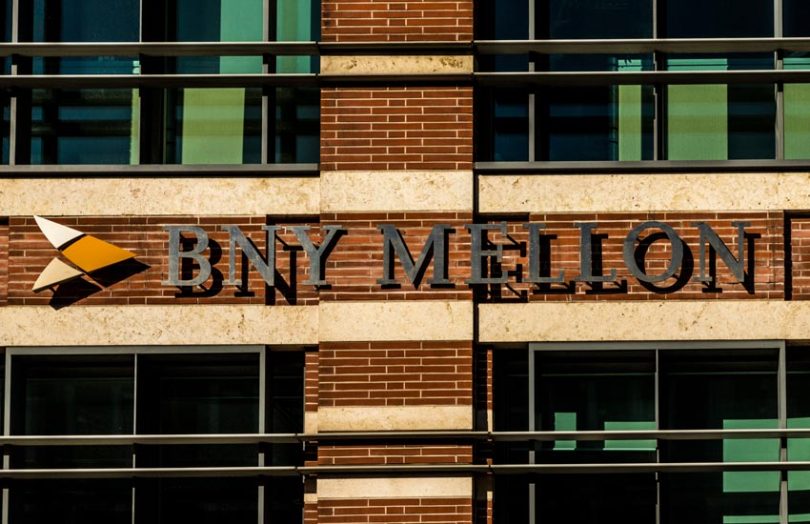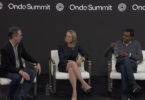The Marco Polo network announced that The Bank of New York Mellon (BNY Mellon) joined its blockchain trade finance platform. US-based BNY Mellon is one of the world’s largest custody banks and had $362.9 billion in assets as of 2018.
We also noted that two other banks quietly appeared on the long list of Marco Polo members: Japan’s MUFG and Credit Agricole.
Started in 2017, the Marco Polo network leverages blockchain to solve many of the issues related to trade finance. It is working to replace paper-based processes to reduce transaction time and cost and bring transparency to all trade participants.
“We recognize tremendous potential to harness digital, data and advanced technology capabilities to transform essential trade finance processes to make them more efficient and secure,” said Joon Kim, Global Head of Trade Finance at BNY Mellon.
Marco Polo has a strong presence in Europe, Asia and the Middle East. BNY Mellon joins the platform as the second US bank after Bank of America. “We are accelerating the network’s growth and reach while our members are preparing and running programs with their corporate clients,” said Daniel Cotti, Managing Director, Centre of Excellence, Banking & Trade at TradeIX.
Both MUFG and Credit Agricole are also participants in komgo, the trade finance blockchain which focuses on commodities.
For its part, MUFG has a broad range of blockchain interests. Along with BNY Mellon, it’s a shareholder in Fnality which plans to launch the multi-currency bank-focused Utility Settlement Coin. And the Japanese giant has its own domestic plans for a retail currency, MUFG coin. Earlier this month it formed a blockchain securities token consortium along with Mitsubishi, NTT, Accenture and Securitize.
Meanwhile, the Marco Polo network is currently live, though no clients are in production as yet. Many participants such as Alfa-Bank, Commerzbank and LBBW have carried out pilot projects on the platform.
The solution is built on R3’s Corda blockchain with Irish registered TradeIX as the technology partner. One of the distinctive features of the network is the integration capability with existing ERP systems. The platform currently supports Microsoft Dynamics 365, Xero, and Oracle Netsuite.
Marco Polo’s solution includes receivables discounting, payment commitment and payables financing.
BNY Mellon now joins Alfa Bank, Anglo Gulf Trade Bank, Bank of America, Bangkok Bank, Bayern LB, BNP Paribas, Bradesco, Commerzbank, Credit Agricole, Danske Bank, DNB, Helaba, ING, Intesa Sanpaolo, LBBW, Mastercard, MUFG, National Bank of Fujairah, National Australia Bank, Natixis, Natwest, OP Financial, Raiffeisen Bank, SMBC, S-Servicepartner, Standard Bank, and Standard Chartered.






